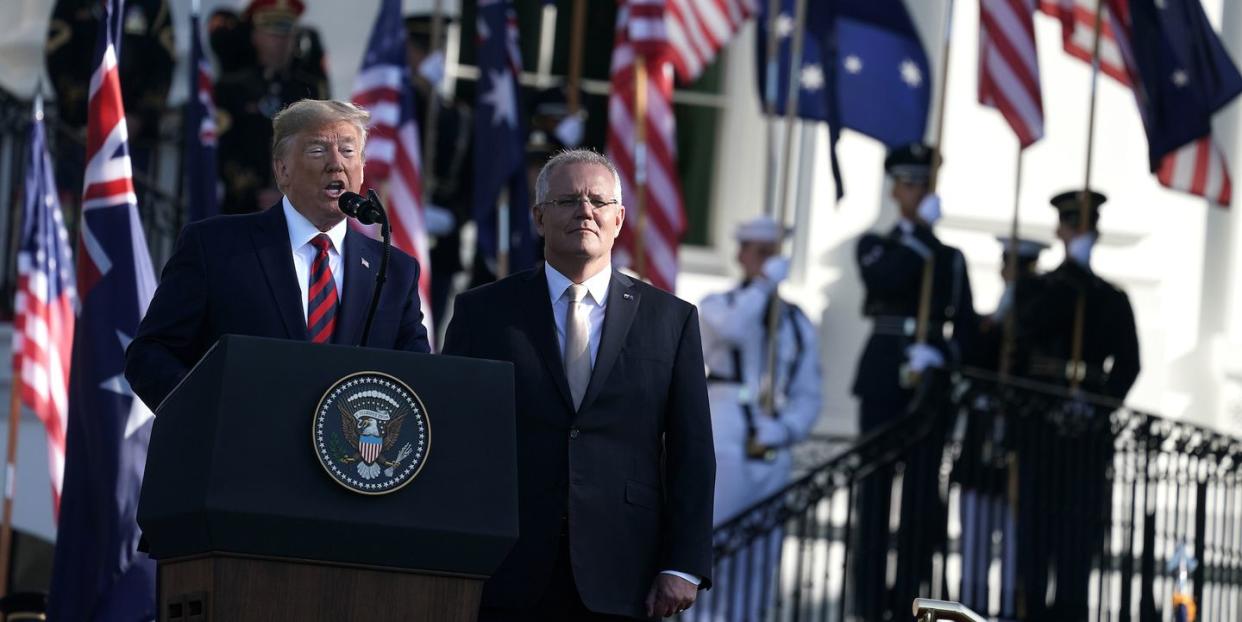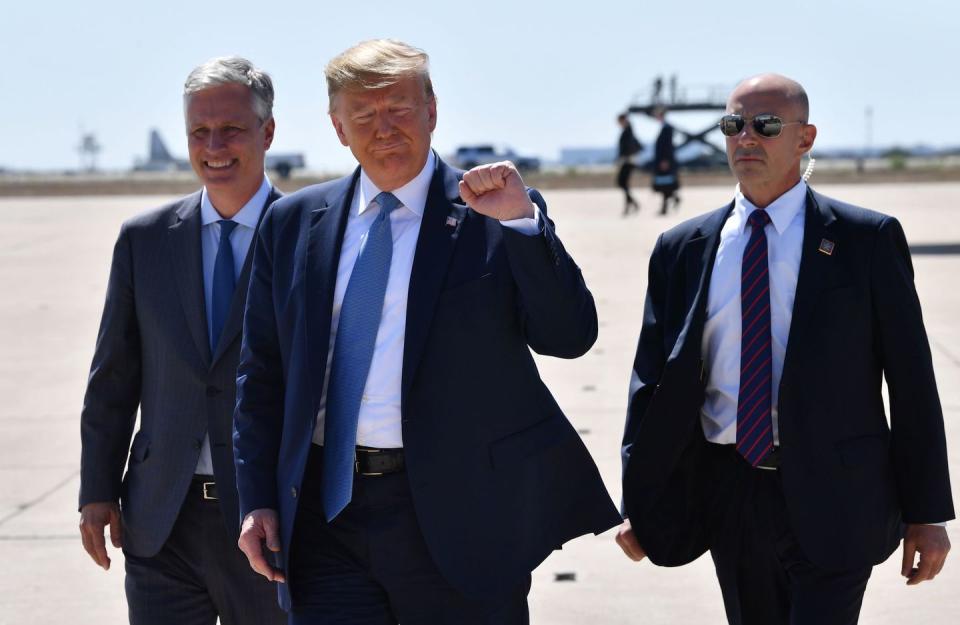The Gun Is Smoking, But Don't Count on It Being the Murder Weapon

Well, it turns out there was an even bigger fan and even more stuff to hit it. As you undoubtedly have heard, from the Washington Post:
A whistleblower complaint about President Trump made by an intelligence official centers on Ukraine, according to two people familiar with the matter, which has set off a struggle between Congress and the executive branch. The complaint involved communications with a foreign leader and a “promise” that Trump made, which was so alarming that a U.S. intelligence official who had worked at the White House went to the inspector general of the intelligence community, two former U.S. officials said.
Two and a half weeks before the complaint was filed, Trump spoke with Ukrainian President Volodymyr Zelensky, a comedian and political newcomer who was elected in a landslide in May. That call is already under investigation by House Democrats who are examining whether Trump and his attorney Rudolph W. Giuliani sought to manipulate the Ukrainian government into helping Trump’s reelection campaign. Lawmakers have demanded a full transcript and a list of participants on the call.
So far, the administration*'s counterattack has consisted of some off-the-point tweets from El Caudillo del Mar-a-Lago and a counterproductive performance from Rudy Giuliani on CNN that looked like an outtake from a Tod Browning film. But it is very plain that the president* has committed what even his people know in whatever passes for their deepest souls is a serious crime and, it hardly needs to be said, an impeachable offense.

The question is, of course, what happens now, and that may not be as simple as it appears, and it may be more complicated than simply being a matter of White House stonewalling, Republican congressional complicity, and Democratic congressional timidity. There are, after all, precedents, and, sooner or later, some adviser to the president* who isn't a hysterical former mayor of New York is going to tumble to the fact that a president*'s vast latitude in foreign affairs—which has developed because a series of Congresses allowed their Article I duties to atrophy—makes for quite the alibi.
For example, in August of 1985, it was revealed that a Republican administration, secretly and illegally, had funneled weaponry to Iran for the purpose of bribing the mullahs there to release American hostages. (Later, we learned that the money from the sale went to arm our paramilitary proxies in Nicaragua.) This was an astonishing act of criminality and, at least on the Iran end of things, arguably an act of treason, Iran being an adversary of the United States by that administration's own public statements. However, after two years of investigations by Congress and by a special prosecutor whose probe was confounded by Republican politicians at every turn, nothing happened to the Republican president, in part because the elite political press took a dive, and in part because enough people in the foreign-policy establishment bought the notion that this astonishing act of perfidy was still inside the boundaries of presidential authority in foreign affairs.
Of course, the context is radically different today. Ronald Reagan, for all his many faults, and even at the height of the Iran-Contra scandal, had a reservoir of good will on which to draw. (Mark Hertsgaard's On Bended Knee, the essential text on the media during the Reagan years, has a number of quotes from important media people, including Ben Bradlee, to the effect that nobody wanted "another failed presidency"—not a consideration ever given to Jimmy Carter, I might add—and that everybody figured good ol' Dutch was too far out to lunch to have been seriously involved.) All I'm saying is that, however much the gun is smoking, don't count on it being the murder weapon. Some other time we'll talk about how the hostages in Iran got freed in 1980.
Respond to this post on the Esquire Politics Facebook page here.
You Might Also Like

